

Phonological awareness covers the child’s ability to recognize and use the spoken parts of sentences and words. The following article provides information on the main stages of the development of phonological skills in children.
Cognitive development in young children refers to the growth of their ability to think and understand the world around them. This involves various cognitive concepts and skills that emerge and evolve as children grow. The following article provides information on Key Cognitive Concepts and Activities To Support Cognitive Development.
The development of writing skills depends on a variety of physiological and environmental factors. Children have to develop fine motor skills as well as hand-eye coordination to be able to write. Also, their awareness of sounds and prints in the environment influences how ready they are to write. In the following article, it provides the stages children progress through of acquiring writing skills.
Creating a supportive environment where children feel safe to express their emotions is crucial for their emotional and social development. The following article provides information for Strategies To Encourage Children To Express Emotions Activities For Toddlers and Preschoolers, Emotion Vocabulary, Activities to Build Emotion Vocabulary, Activities to Build Emotion Vocabulary, What To Do When A Child Is Angry, What To Do When A Child Is Being Violent/Aggressive, What To Do If A Child Hits You, Alternative Behaviours and more.
Sharing is challenging for children, especially toddlers. This happens frequently during the development process. The first step in teaching children to share is realising and accepting this. The following article provides information on the Benefits Of Learning To Share, Social Development In Babies and Toddlers, How To Encourage Sharing and more.
Nursery rhymes provide a lot of learning opportunities to children. Nursery rhymes also play an important role in children's language skills by hearing sounds. It helps them to develop an ear for language Rhythms and rhymes also help to understand words syllables. The following article provides information on the Importance Of Nursery Rhymes, the Key Benefits and Strategies To Implement Nursery Rhymes.
Playing with puzzles has a significant impact on a child's physical skills, developing fine motor skills through the coordination of small muscles. Children who have developed fine motor skills tend to find it easier to write, draw and learn to play instruments. The following article provides information on the benefits of puzzles for children.
The Developmental Milestones Checklist EYLF 4 to 8 Months enables Educators to link each of the milestones within the developmental domains to the EYLF Outcomes.
The Developmental Milestones Checklist EYLF 8 to 12 Months enables Educators to link each of the milestones within the developmental domains to the EYLF Outcomes.
The Developmental Milestones Checklist EYLF 3 to 5 Years enables Educators to link each of the milestones within the developmental domains to the EYLF Outcomes.
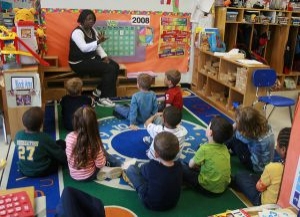 Working as a childcare professional can be a challenge especially when dealing with behavioural problems which may arise. The techniques we use when dealing with… Read More
Working as a childcare professional can be a challenge especially when dealing with behavioural problems which may arise. The techniques we use when dealing with… Read More
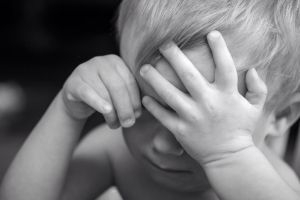 There are different types of behaviour that children can display and sometimes it can be hard to manage, especially if a child is having behavioural… Read More
There are different types of behaviour that children can display and sometimes it can be hard to manage, especially if a child is having behavioural… Read More
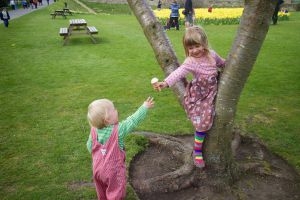 As a parent, your behavioural expectations of your child can be higher than what is actually developmentally appropriate for your child's age.
Read More
As a parent, your behavioural expectations of your child can be higher than what is actually developmentally appropriate for your child's age.
Read More
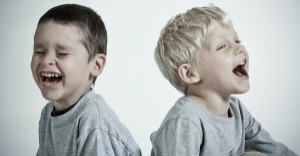 As Educators, there will be many instances where you will need to write about a child's behaviour. For a behaviour management plan, assessments, half-yearly or… Read More
As Educators, there will be many instances where you will need to write about a child's behaviour. For a behaviour management plan, assessments, half-yearly or… Read More
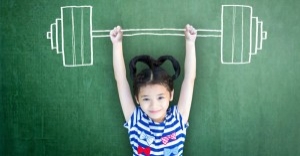 As Educators when communicating with Parents (through verbal or non-verbal communication), there will be times where we need to discuss issues or concerns that may… Read More
As Educators when communicating with Parents (through verbal or non-verbal communication), there will be times where we need to discuss issues or concerns that may… Read More
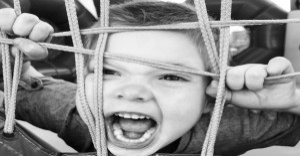 Challenging Behaviour is when a child does something that hurts themselves and/or other people.
Read More
Challenging Behaviour is when a child does something that hurts themselves and/or other people.
Read More
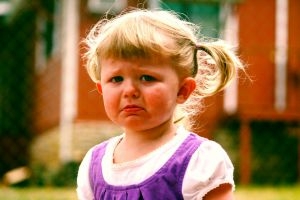 As part of your child's development it is normal for your child to have anxiety and fears. A baby commonly shows a fearful sign to… Read More
As part of your child's development it is normal for your child to have anxiety and fears. A baby commonly shows a fearful sign to… Read More
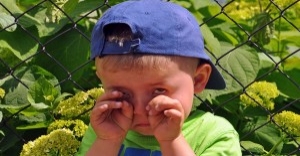 It's always difficult to bring up behavioural issues with parents, it can be nerve wrecking to tell a parent that their child misbehaves but that… Read More
It's always difficult to bring up behavioural issues with parents, it can be nerve wrecking to tell a parent that their child misbehaves but that… Read More
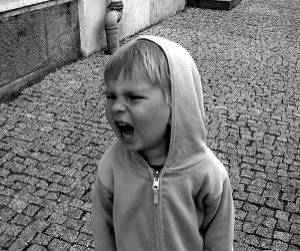 All children deal with anger on a daily basis. Thinking about it as a child, there is a lot to be angry about. Elder people… Read More
All children deal with anger on a daily basis. Thinking about it as a child, there is a lot to be angry about. Elder people… Read More
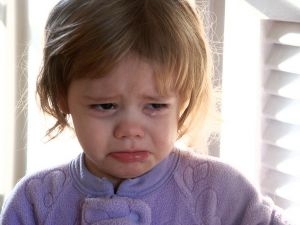 It is important to understand that your child behaviour problems could not just be from attention seeking. There are many factors to take into consideration… Read More
It is important to understand that your child behaviour problems could not just be from attention seeking. There are many factors to take into consideration… Read More
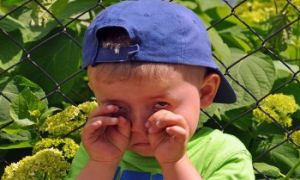
It's always difficult to bring up behavioural issues with parents, it can be nerve wrecking...
See more...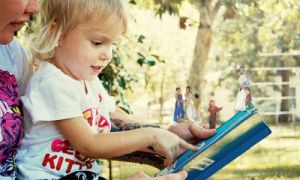
Toddlers use language in more sophisticated ways during this phase of their life. This occurs...
See more...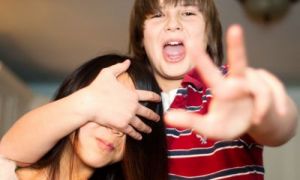
Sibling Rivalry is a fairly common part of childhood which usually takes place in the...
See more...© 2009-2025 Aussie Childcare Network Pty Ltd. All Rights Reserved.

